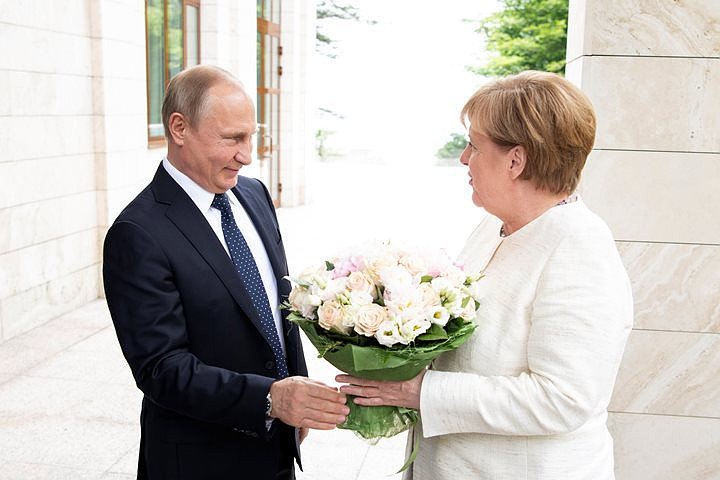Time for a renewed Ostpolitik?
July 3, 2018
0
comments
2111
Views
Add to reader
Print
In
Log in if you are already registered
German Chancellor Angela Merkel recently met with President Vladimir Putin in Sochi. When she arrived, he awaited her with a bouquet of white roses. At the combined press conference after their meeting, the two leaders spook words of rapprochement and cooperation. This stood in stark contrast with the animosity of recent years. Is Germany trying to improve its relations with Russia? There are arguments for Berlin to do so.

[1] http://www.spiegel.de/international/germany/germany-divided-about-approach-to-russia-a-1206338.html
[2] http://www.spiegel.de/international/germany/germany-divided-about-approach-to-russia-a-1206338-2.html
[3] Change through trade. Changing the relations and perhaps even Russia through increased trade.
Share this article




